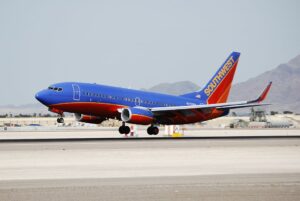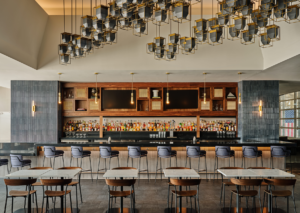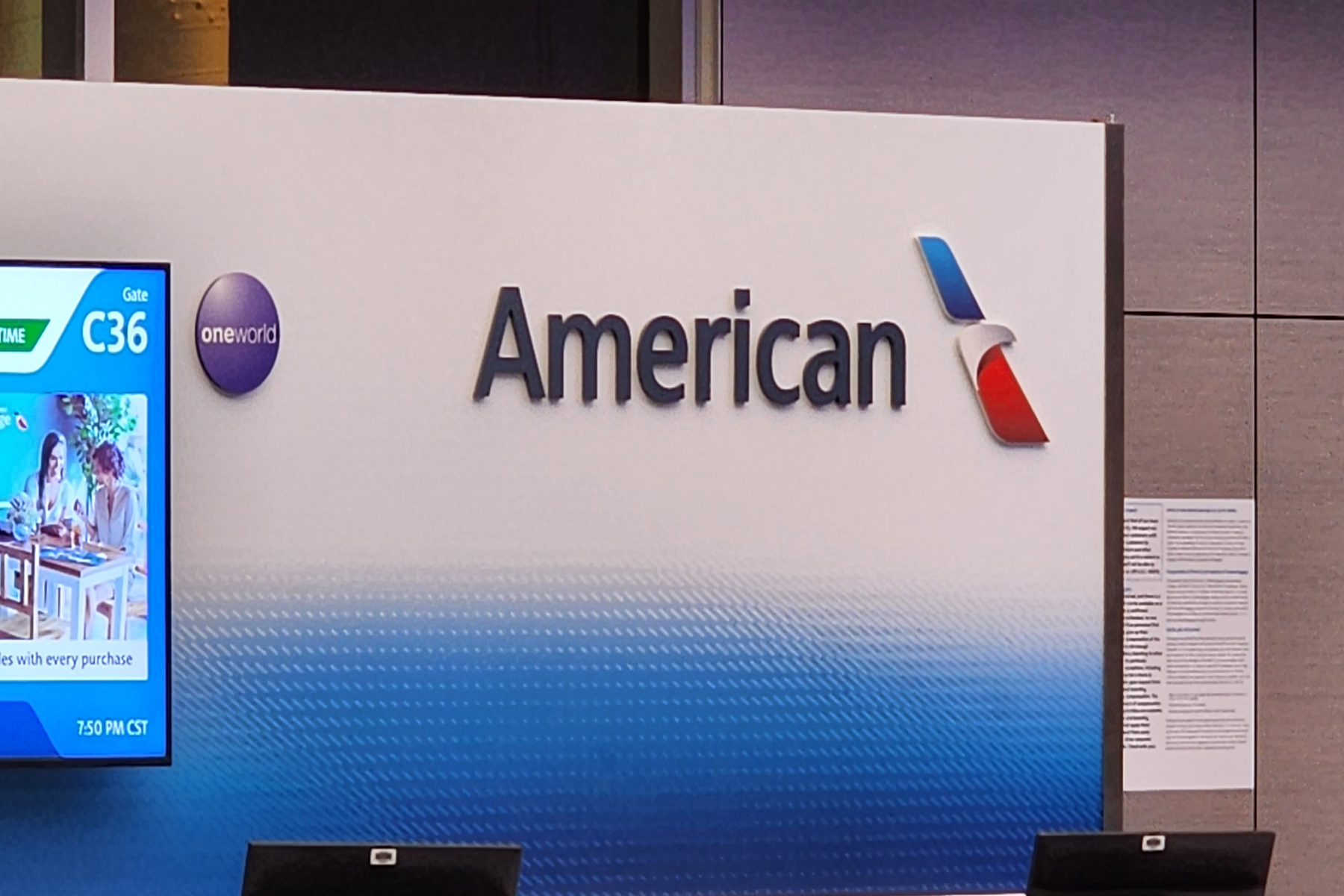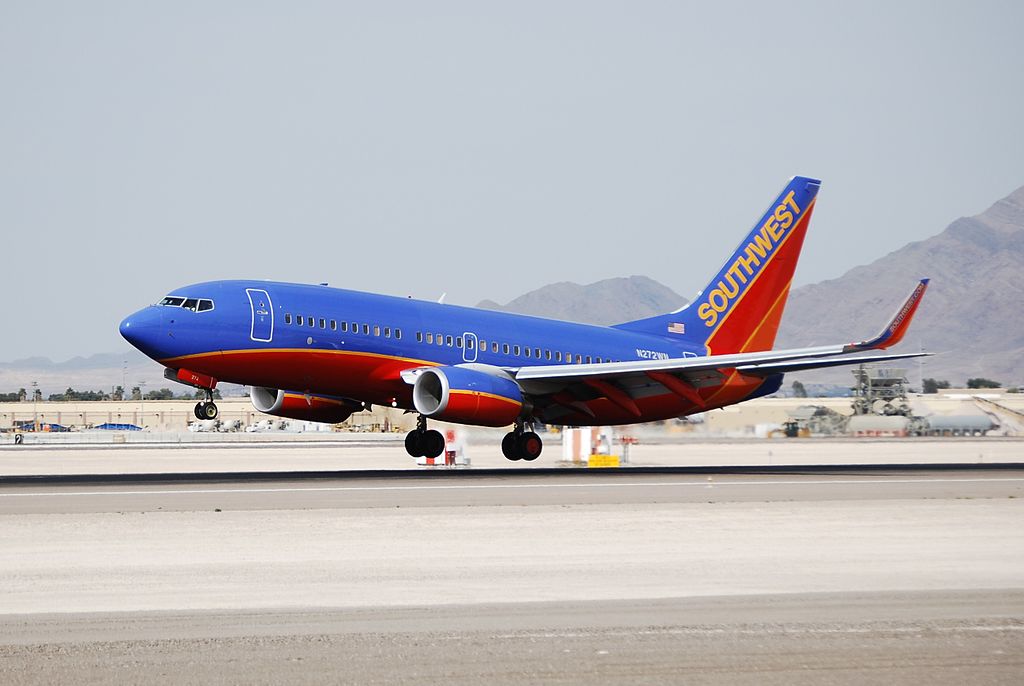FAA Remains Neutral on Passenger Face Mask Rules

Despite the airlines taking a hard stance on flyers wearing face masks during flights, the Federal Aviation Administration will continue to take a neutral stance on the issue. During testimony to Congress, the agency administrator said they would “support” airlines in their efforts.
While airlines continue to crack down on wearing face masks over the nose and mouth during flights, the Federal Aviation Administration won’t make it a mandatory requirement for passengers aboard commercial flights. The vague statement came from testimony FAA administrator Stephen M. Dickson gave before the Senate Committee on Commerce, Science and Transportation on June 17, 2020.
“The FAA Will Continue to Support Airlines”
Prior to his opening statement and questions on the Boeing 737 MAX investigation, Dickson took a moment to address the use of passenger face masks. The aviation leader noted that U.S. Department of Transportation policy recommended the use of face masks for passengers.
“Secretary Chao and the Department of Transportation have been clear that passengers should wear face coverings while traveling by air, for their own protection and the protection of those around them,” Dickson noted in his prepared remarks. “Face coverings are especially important in situations where social distancing is not feasible. This comes as a health guideline from the agency responsible for public health, the [Centers for Disease Control].”
However, the administrator came short of creating a mandate for face mask use aboard airplanes. While the CDC recommends everyone wear a cloth face mask “where other social distancing measures are difficult to maintain,” the FAA policy remained that they would support airlines, allowing them to continue to self-regulate.
“As we move through the phases of reopening, the FAA will continue to support airlines and their front-line employees as they implement these CDC guidelines,” Dickson said. “And we will continue to apply our aviation expertise to help lead efforts with other Federal agencies, with industry, and with our international partners to address public health risk in the air transportation system, both internationally and here in the United States.”
“I just don’t get why you wouldn’t want this to be mandatory.”
Senators were quick to question the FAA’s neutral standpoint on the issue of wearing face masks aboard commercial aircraft. When Sen. Brian Schatz (D-HI) questioned Dickson on making a rule, the administrator deferred to the DOT’s stance.
“As the Secretary [of Transportation] has said, these will not be regulatory mandates, but they will be very specific,” Dickson responded to the question. “And we expect for air carriers and the public to follow those guidelines, as well as the airports. We’re working with the air carriers on this. We’re using their safety management systems, and the data coming out of those systems to monitor their progress.”
“Is this a philosophical thing for you folks?” Schatz fired back against the FAA administrator. “I mean this sincerely: I just don’t get why you wouldn’t want this to be mandatory. I don’t understand why we’re going with the private sector-driven approach, or a voluntary approach, or a federalism approach…It’s the kind of thing you ought to make mandatory if you’ve come to certain conclusions about how to fly safely.”
“With respect to public health, that’s the CDC, and they have responsibility for sectors of transportation,” Dickson replied. “We are acting as a facilitator in that process.”

A passenger waits for service from a Delta Air Lines gate agent at the airport. Photo courtesy: Delta Air Lines
Senator Kyrsten Sinema (D-AZ) noted during her question time that “enforcement for [face mask] noncompliance has been uneven and difficult.” Like Sen. Schatz, Sinema asked why the FAA is not stepping in to create a face covering rule.
“As Secretary Chao has said, we believe that our space is in aviation safety, and their space [the CDC] is in public health,” Dickson responded. “We have made those standards available to the airlines, and to labor stakeholders and others. I have told them very specifically that I expect them to abide by and enforce those standards.”
“Does the FAA plan to mandate that masks are worn on flights?” Sinema asked in her response. “It sounds like you are recommending this, and you are creating this as an expectation, but there’s no enforcement mechanism.
Dickson’s answer definitively set a neutral stance on face masks on aircraft.
“We do not plan to provide an enforcement specifically on that issue,” Dickson said. “We are reviewing their voluntary safety programs to ensure they are following through.”
In recent days, airlines have come together to strengthen face mask usage policies, and define stiff penalties for noncompliance. Those who do not wear a face covering when boarding and during a flight may be subject to denial of boarding, to going on an airline’s “no fly” list.
























TSA Is not here to give such a directive. Such an order from the TSA would take a long time to approve, there would mostlikley need to be definitive proof for such a rule/law. These guys work in a different level of detail than most.
Simple masks reduce infection risks for people in front of you. However, they vent towards the side. I wear a maks out of courtesy, but I have no illusion it protects someone I'm sitting next to for an extended period of time.
Succinctly, masks just don't work: https://www.cidrap.umn.edu/news-perspective/2020/04/commentary-masks-all-covid-19-not-based-sound-data
Masks are only proven effective in combination with distancing, which does not happen on planes. So accordingly, please stop the mask shaming madness please.
From the legal standpoint DOT position is very solid. Note that even CDC cannot require masks either or even make vaccination mandatory. If someone has a concern, I suggest getting N99 or N100 respirator and wearing it on the plane. This would protect yourself much better then relying on ill-fitted masks made from questionable materials.